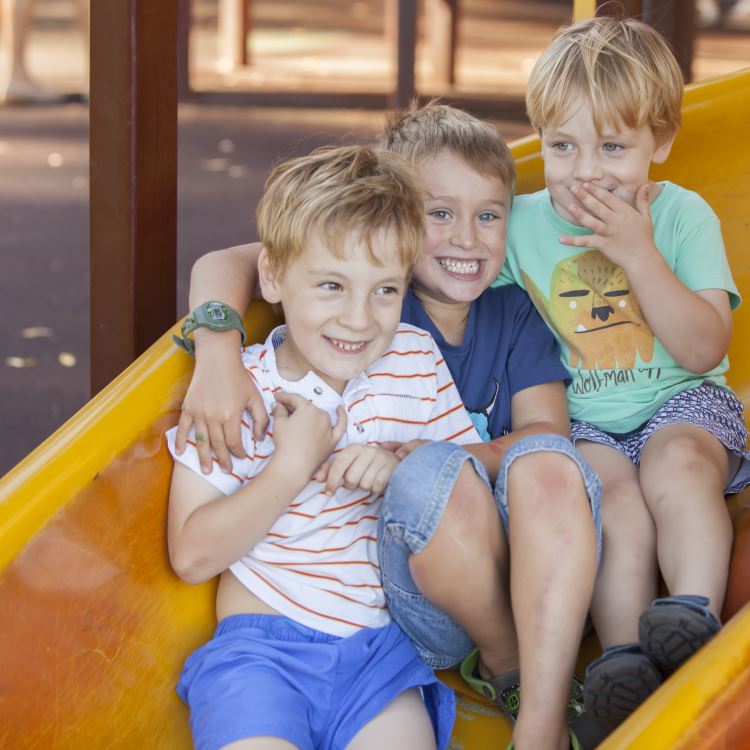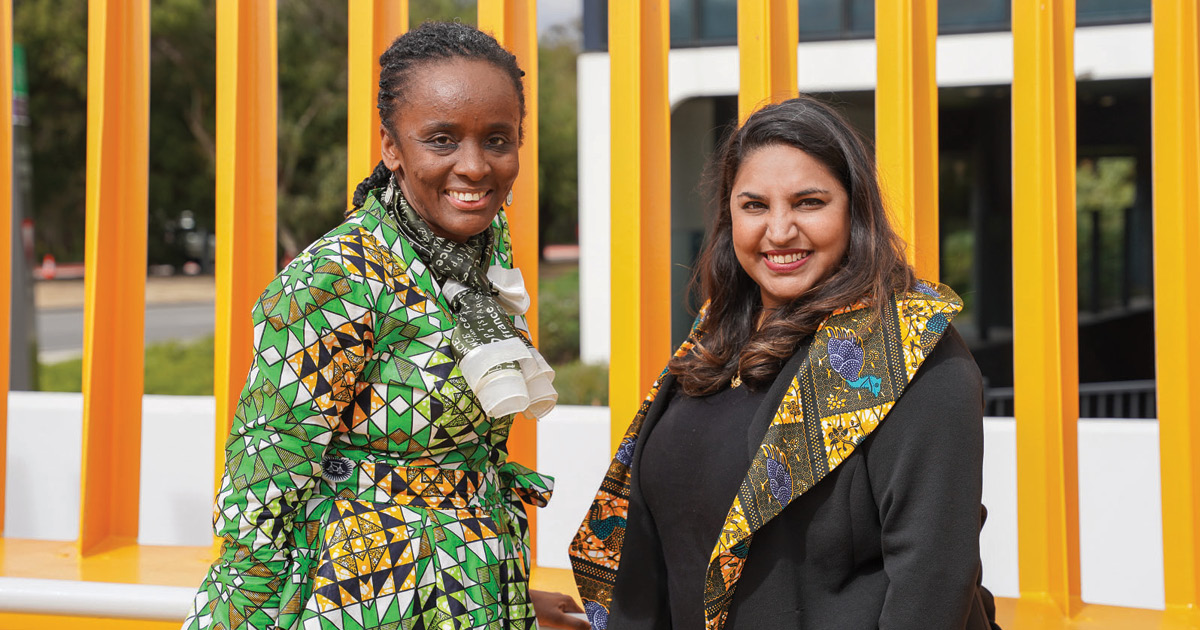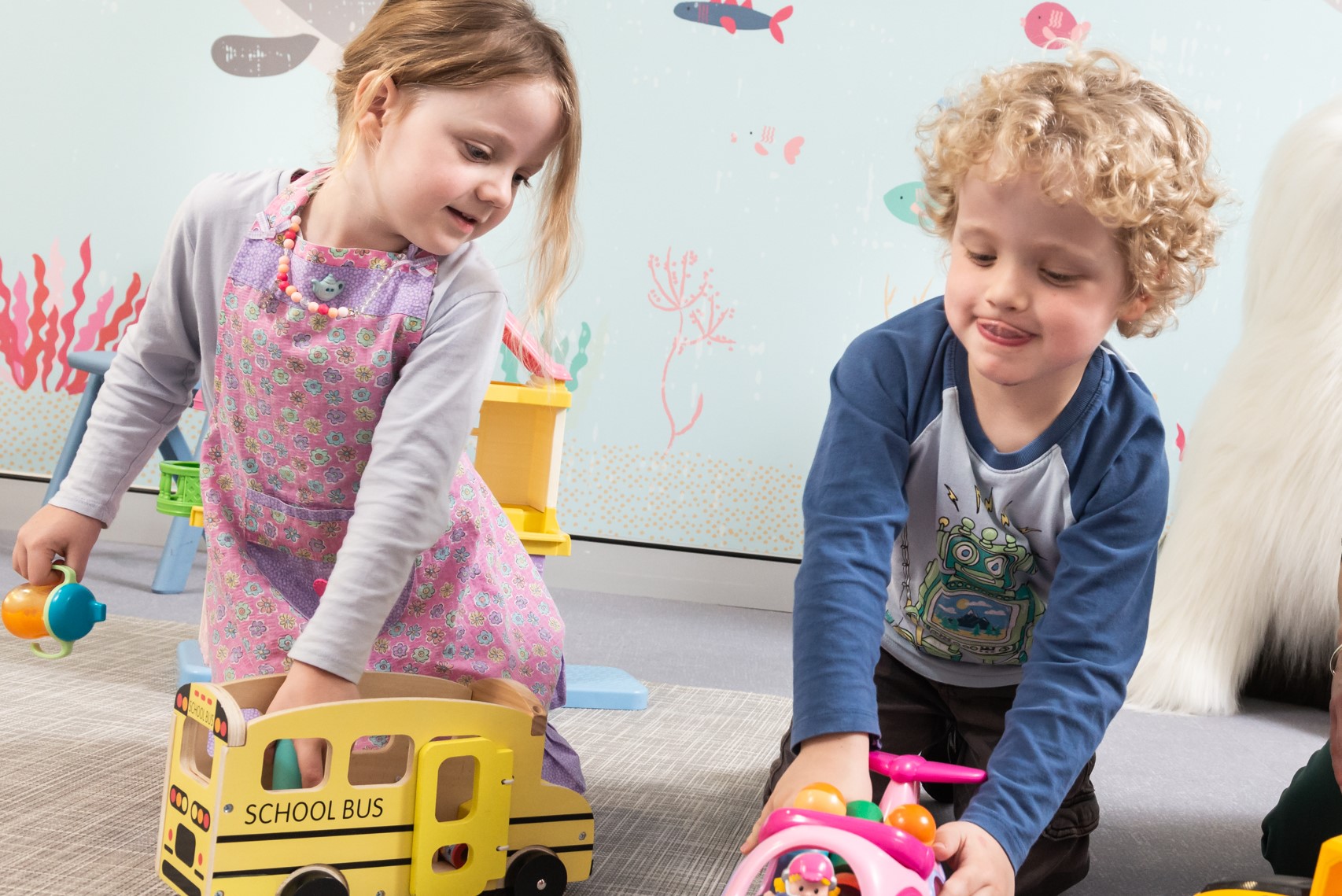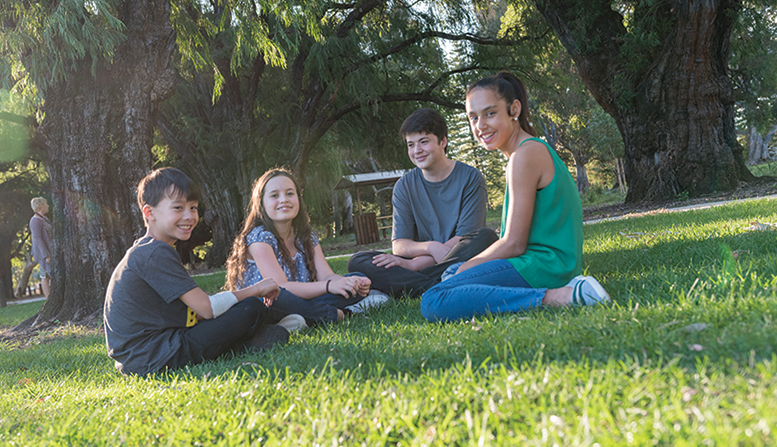Search

News & Events
Setting smart phone rulesMobile phones are an important part of diabetes management but its also important to set some family rules for your child's technology use.

We rely on the support of donors & fundraisers to be able to conduct the life changing pediatric research we do on a day-to-day basis. Will you help?

News & Events
Kids who attend playgroup do better at schoolNew research by The Kids Research Institute Australia has found children who attend playgroups achieve better early primary school outcomes.

News & Events
New funding to accelerate AI personalised phage therapiesWal-yan researchers have been awarded $500,000 for their innovative research, supported by the Western Australian Government’s Future Health Medical Research and Innovation (FHRI) Fund.
Research
Language DevelopmentLanguage is one of the most remarkable developmental accomplishments of early childhood. Language connects us with others and is an essential tool for literacy, education, employment and lifelong learning.

The Kids Research Institute Australia is at the forefront of a global effort to track and prevent malaria – one of the world’s leading causes of disease and child deaths, particularly in developing countries.

News & Events
Supporting siblings of autistic childrenIn this new blog, Senior Clinical Psychologist Rebecca Eaton offers families advice on how to support siblings of autistic children.

We tested the hypothesis that treatment of CF epithelial cells with ivacaftor (Iva) or ivacaftor/lumacaftor (Iva/Lum) would improve control of rhinovirus infection.

News & Events
Young ambassadors keep researchers on their toesFlat out trying hard to keep up with the ever-changing threats from cyberbullying, The Kids Research Institute Australia counts itself fortunate to have youth on its side.
Research
The effects of sleep duration on child health and developmentChildren and adolescents spend more than one-third of their time sleeping. Yet, we know little about the causal impact of sleeping on their development. This paper is the first to exploit variation in local daily daylight duration measured on pre-determined diary dates across the same individuals through time as an instrument in an individual fixed effects regression model to draw causal estimates of sleep duration on a comprehensive set of child development indicators.
